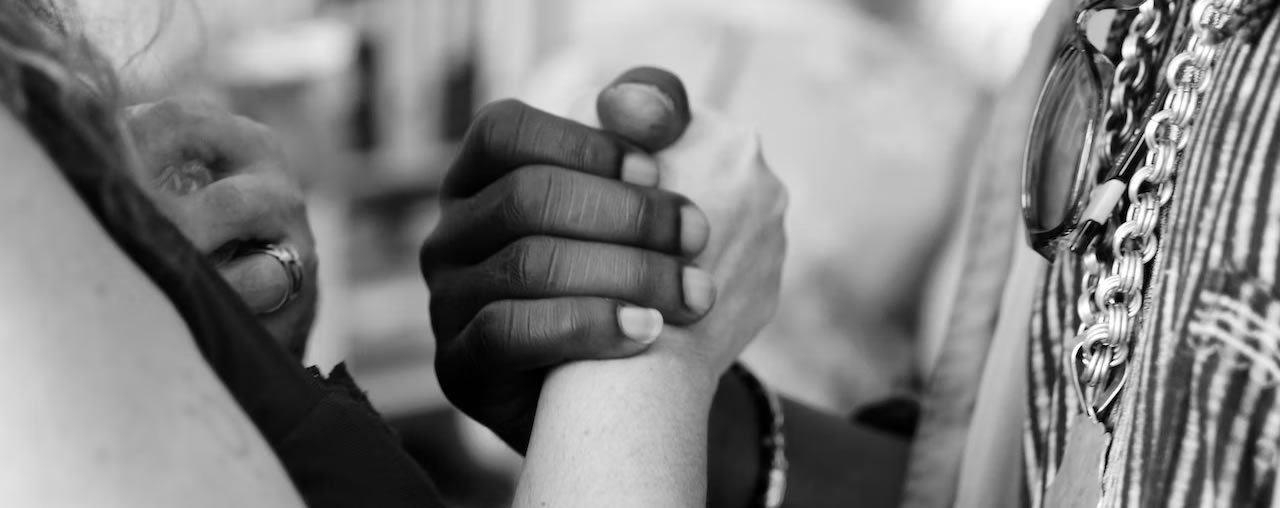The current situation between Israel and Palestine has once again highlighted the need for our community leaders (in politics, business, sports, entertainment, and faith) to work towards bringing people together. As the world becomes more interconnected and diverse, we face the challenge of living peacefully and respectfully with people who have different beliefs, values, and backgrounds. However, we also face the danger of division and conflict along racial, political, and religious lines, which can have devastating consequences for our society.
The Dangers of Division
History has shown us that division among communities can lead to violence, oppression, injustice, and even genocide. Some examples of the tragic outcomes of division are:
- The Rwandan genocide in 1994, when the Hutu majority massacred about 800,000 Tutsis and moderate Hutus in a span of 100 days, fuelled by ethnic hatred and propaganda .
- The Bosnian war in 1992-1995, when the breakup of Yugoslavia sparked a brutal conflict among Serbs, Croats, and Bosniaks, resulting in ethnic cleansing, mass rape, and the siege of Sarajevo .
- The Holocaust in 1933-1945, when Nazi Germany systematically murdered about six million Jews and millions of other persecuted groups, such as Roma, Slavs, homosexuals, and political opponents, in a campaign of racial supremacy and extermination.
These are just some of the extreme examples (I am confident that we will never see such examples in the UK) of what can go wrong when communities are divided and dehumanised by their differences. Even in less violent situations, division can cause social problems such as discrimination, segregation, polarisation, and radicalisation, which undermine the cohesion and harmony of our society.
The Responsibilities and Role of Community Leaders
Community leaders have a duty to always work to bring people together during conflicts, and to promote commonality instead of promoting division. They have the power and the influence to shape the attitudes and behaviours of our followers, and to set an example of tolerance and dialogue. Some of the things that they can do to encourage and foster community cohesion and sensible dialogue and understanding between different groups are:
- Educate themselves and others about the history, culture, and perspectives of different communities, and to challenge the stereotypes and prejudices that fuel division. For example, they can organise or participate in interfaith or intercultural events, such as festivals, workshops, or dialogues, where we all can learn from and celebrate the diversity of our society.
- Speak out and act against any forms of hatred, violence, or injustice that target or affect any community, and to show solidarity and support for the victims. For example, they can condemn or report any incidents of hate speech, hate crime, or discrimination that they witness or hear about, and they can join or organise rallies, vigils, or campaigns to raise awareness and demand action.
- Build bridges and alliances with other community leaders and organisations that share a vision of a peaceful and inclusive society, and to collaborate on common goals and projects that benefit the whole community. For example, they can form or join coalitions or networks that advocate for social justice, human rights, or environmental issues, and they can initiate or support joint programs or services that address the needs and challenges of our community.
As community leaders, they have a vital role to play in promoting unity and dialogue in times of conflict. They have the opportunity and the duty to use their voice and actions to create a positive impact on our society, and to inspire others to do the same. By educating ourselves and others, speaking out and acting against hatred and injustice, and building bridges and alliances with other communities, they can foster a culture of respect and cooperation that can overcome the dangers of division and conflict. Together, we can make our society a better place for everyone.
If you are a community leader pause and ask yourself how what you are about to say or do helps to bring your community together.
“If you have to pick a side, always pick the side of humanity.” MG
First dropped: | Last modified: November 10, 2023
Error: Invalid modelName in client config.
